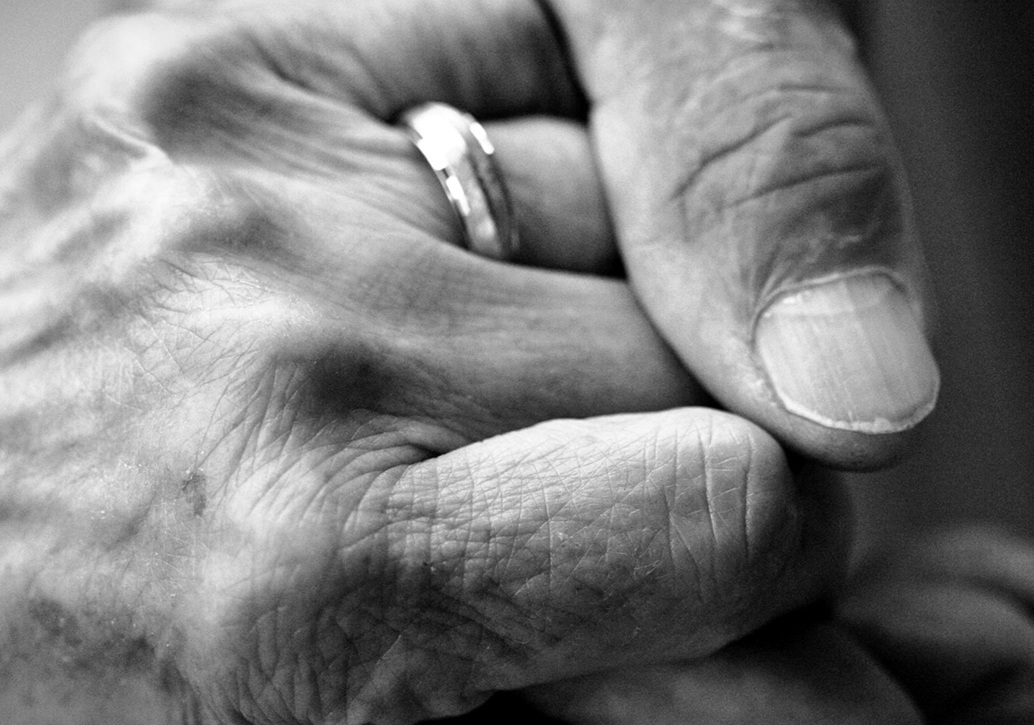Palliative care is a special kind of health care for individuals and families who are living with a life-threatening illness, usually at an advanced stage. This information sheet answers some of the questions seniors frequently ask about palliative care (sometimes called hospice care). It also suggests where seniors can learn more about the services available.
What is palliative care?
The goal of palliative care is to provide the best quality of life for the critically or terminally ill by ensuring their comfort and dignity. Many cancer patients receive palliative care, as do others coping with advanced heart, respiratory and kidney disease, Alzheimer Disease, AIDS, multiple sclerosis, etc. An important objective of palliative care is the relief of pain and other symptoms.
Palliative care is planned to meet not only physical needs but also the psychological, social, cultural, emotional and spiritual needs of the ill person and his or her family.
Amy’s Helping Hands provides palliative care for seniors feel free to contact us to learn more.















